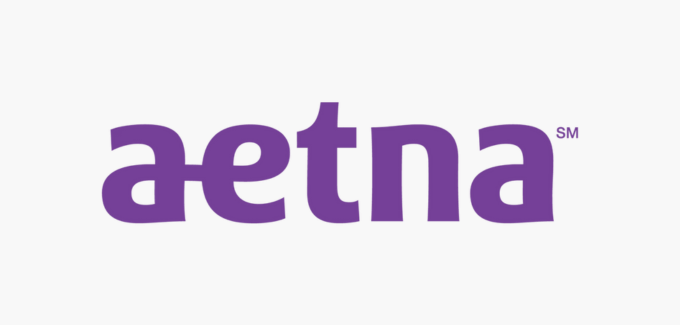
What You Need to Know About Your Out-of-Network Costs
We cover the cost of care differently based on whether health care providers, such as doctors and hospitals, are “in network” or “out of network.” We want to help you understand how much Aetna pays for your out-of-network care.
At the same time, we want to make it clear how much more you will need to pay for this out-of-network care.
As an example, you may choose a doctor in our network. You may choose to visit an out-of-network doctor. If you choose a doctor who is out of network, your Aetna health plan may pay some of that doctor’s bill. Most of the time, you will pay a lot more money out of your own pocket if you choose to use an out-of-network doctor or hospital.
When you choose out-of-network care, Aetna limits the amount it will pay. This limit is called the “recognized” or “allowed” amount. For medical plans, Aetna recognizes an amount based on what Medicare pays for these services.
The government sets the Medicare rate. Your out-of-network doctor sets the rate to charge you. It may be higher’sometimes much higher’than what your Aetna plan “recognizes” or “allows”.
Your doctor may bill you for the dollar amount that Aetna doesn’t recognize. You must also pay any copayments, coinsurance and deductibles under your plan. No dollar amount above the recognized charge counts toward your deductible or out-of-pocket maximums. To learn more about how we pay out-of-network benefits visit Aetna.com. Type “how Aetna pays” in the search box.
You can avoid these extra costs by getting your care from Aetna’s broad network of health care providers. Go to Aetna.com and click on “Find a Doctor” on the left side of the page.
If you are already a member, sign on to your Aetna Navigator member site. This way of paying out-of-network doctors and hospitals applies when you choose to get care out of network.
When you have no choice (for example: emergency room visit after a car accident), we will pay the bill as if you got care in network. You pay your plan’s copayments, coinsurance and deductibles for your in-network level of benefits.
Contact Aetna if your provider asks you to pay more. You are not responsible for any outstanding balance billed by your providers for emergency services beyond your copayments, coinsurance and deductibles.
The federal health care reform legislation, known as the Patient Protection and Affordable Care Act, was signed into law On March 23, 2010 by President Obama. Since then, Aetna has periodically updated the Aetna Advantage Plans for Individuals, Families and the Self – Employed to include any necessary changes. It is important for you to know that your Aetna Advantage Plan will always comply with all of the federal health care reform legislation.
0 Comments